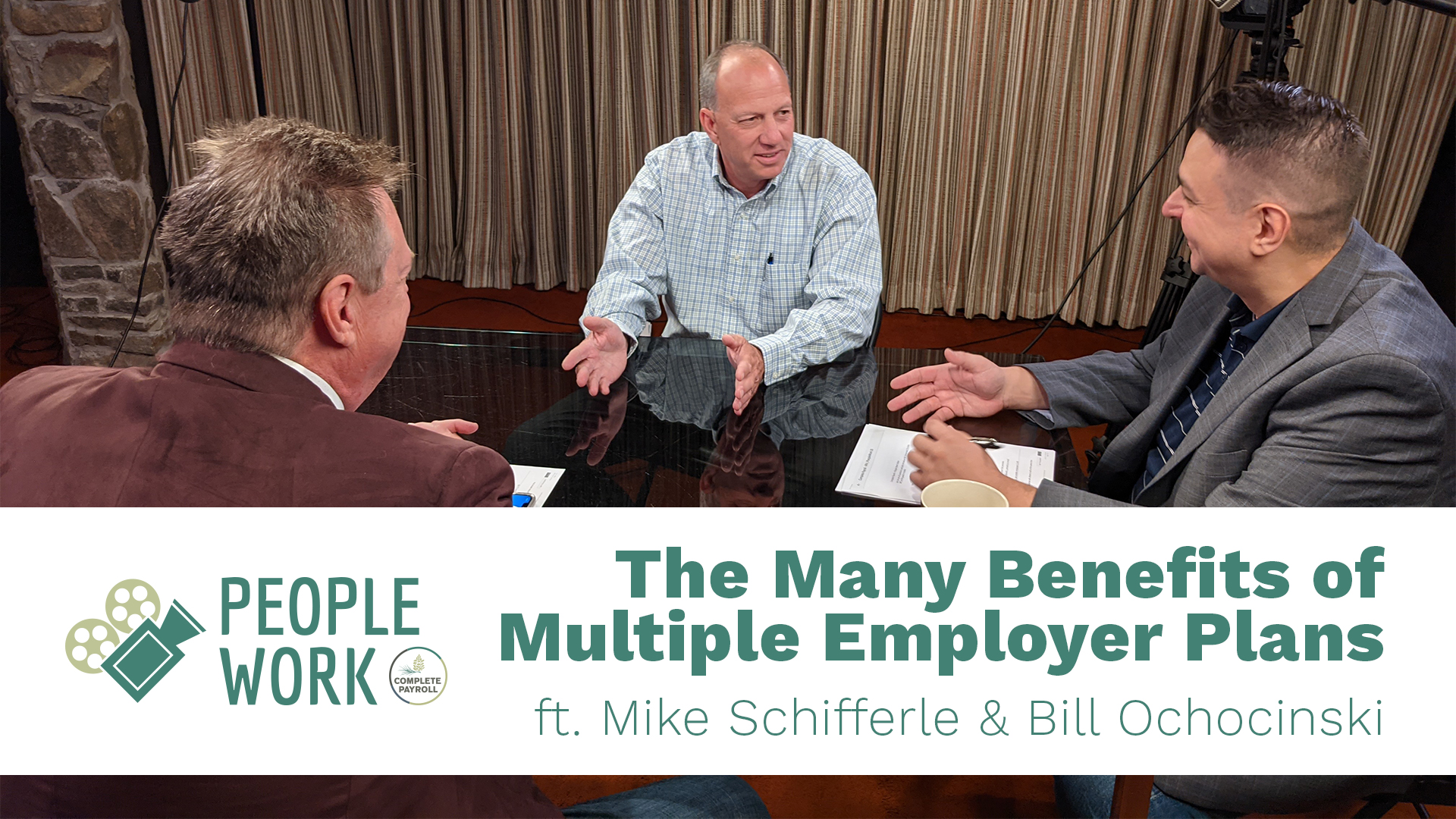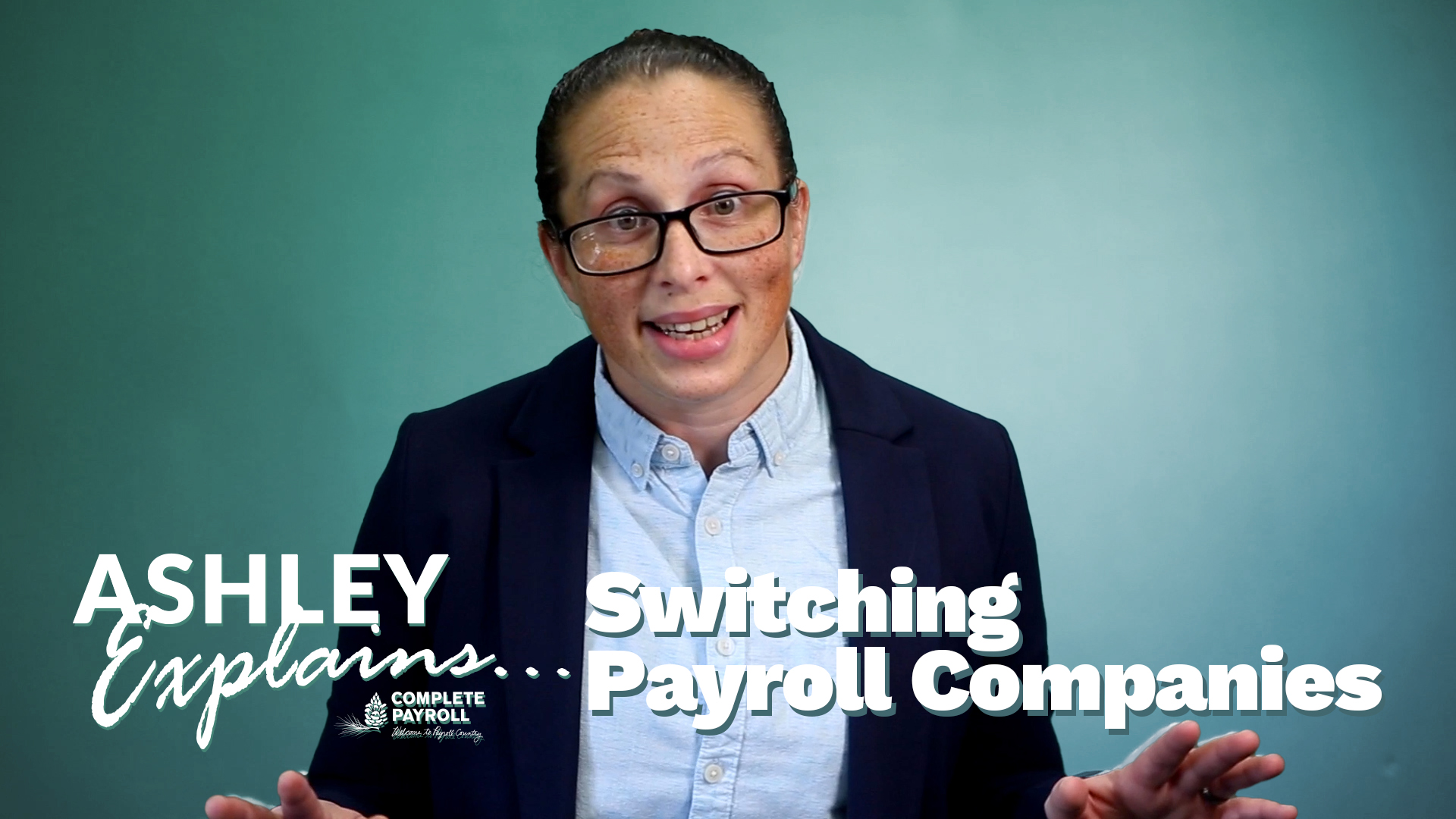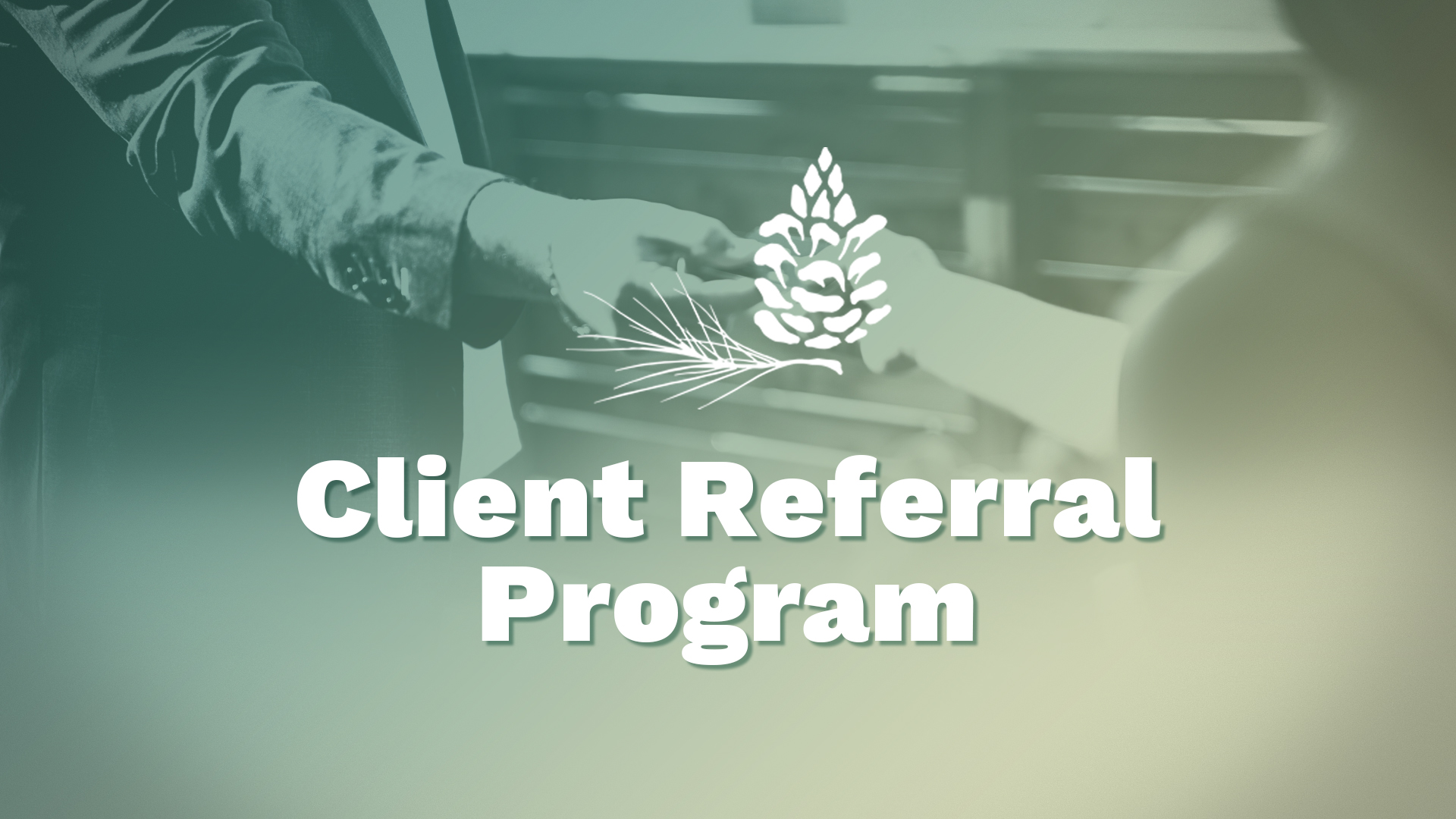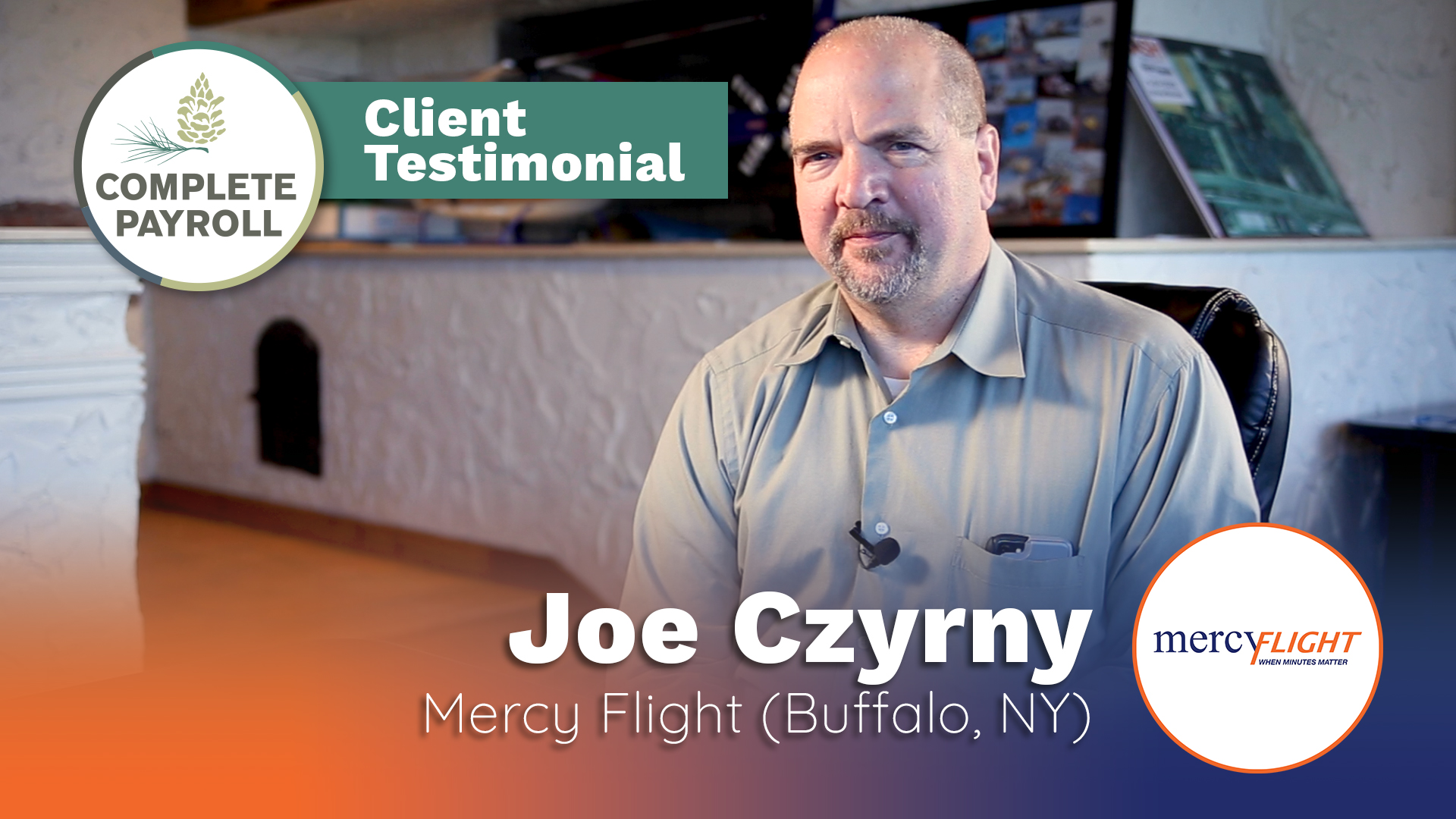Overview
New York State has issued new requirements designed to prevent sexual harassment in the workplace. The key components of the law are as follows:
- Employers must establish a formal sexual harassment prevention policy and share it with all employees.
- The policy must also include and share a complaint form with employees that can be used to file formal sexual harassment complaints.
- Employers must also provide mandatory sexual harassment prevention training to all employees on an annual basis.
1. Sexual Harassment Prevention Policy
Every employer in New York State is required to adopt a formal sexual harassment prevention policy by October 9, 2018, according to the new law. In consultation with the Division of Human Rights, the New York State Department of Labor has established a model sexual harassment prevention policy for employers to adopt.
Employers may also choose to adopt their own policy, provided it meets or exceeds the minimum standards of the model policy issued by New York State.
2. Sexual Harassment Complaint Form
New York State also requires the sexual harassment prevention policy to include a formal complaint form that must be shared with all employees by October 9, 2018. If an employee believes they have become a victim of sexual harassment in the workplace, the are encouraged to complete this form. Even if the employee reports the sexual harassment verbally or through another manner, employers are still required to complete the complaint form on the employee's behalf.
New York State has not released any minimum guidelines for the complaint form, which leads us to believe - unlike for the policy and training requirements - employers must use the formal complaint form issued by the state and therefore may not adopt their own version of it.
3. Sexual Harassment Prevention Training
Additionally, all employers in New York State are required to provide mandatory sexual harassment prevention training to all employees on an annual basis, effective October 9, 2019. Just like the model policy and complaint form, New York State has also released a sexual harassment prevention training model.
Employers may also choose to implement their own annual sexual harassment prevention training, provided it meets or exceeds the minimum standards developed by the New York State Department of Labor and Division of Human Rights.
Basic Requirements
Every employer in New York State is required to adopt a sexual harassment prevention policy and share it with all employees by October 9, 2018. There are two ways to accomplish this:
- Employers may simply use the model policy issued by New York State.
- Or, employers may adopt their own sexual harassment prevention policy, provided it meets or exceeds the minimum standards established by New York State.
We've outlined how employers can do each below.
Using the Model Policy
In consultation with the Division of Human Rights, the New York State Department of Labor has established a model sexual harassment prevention policy for employers to adopt. Using this policy would ensure compliance for this specific component of the law.
Download and Use the Complaint Form
New York State also requires the sexual harassment prevention policy to include a formal complaint form that must be shared with all employees by October 9, 2018. If an employee believes they have become a victim of sexual harassment in the workplace, the are encouraged to complete this form. Even if the employee reports the sexual harassment verbally or through another manner, employers are still required to complete the complaint form on the employee's behalf.
New York State has not released any minimum guidelines for the complaint form, which leads us to believe - unlike for the policy and training requirements - employers must use the formal complaint form issued by the state and therefore may not adopt their own version of it.
About the Employee Training Requirements
All employers in New York State are required to provide mandatory sexual harassment prevention training to all employees on an annual basis, effective October 9, 2019. Just like the model policy and complaint form, New York State has also released a sexual harassment prevention training model.
Employers may also choose to implement their own annual sexual harassment prevention training, provided it meets or exceeds the minimum standards developed by the New York State Department of Labor and Division of Human Rights.
Using the Model Training
In consultation with the Division of Human Rights, the New York State Department of Labor has established model sexual harassment prevention training for employers to adopt. Using this training would ensure compliance for this specific component of the law.
The videos below, which may be watched via YouTube or downloaded, meet all state minimum training requirements except one: the videos alone are NOT considered interactive. If you are using this video to meet the training requirements, you must also:
- ask questions of employees as part of the program;
- accommodate questions asked by employees, with answers provided in a timely manner;
- or require feedback from employees about the training and the materials presented.
During this interactive portion, employers should be prepared to address questions raised by employees including those specific to their industry, questions about the organization’s reporting process and questions about how hypothetical cases would be handled.
Sexual Harassment Prevention Training Presentation Slide Decks
New York State has also provided presentation slide decks - in both PDF and PowerPoint formats - for employers that choose to administer the training themselves. It is important to note that these presentation decks alone are not enough to satisfy the training requirements. Before administering the sexual harassment prevention training with employees, employers must read the model training guidelines (above) to ensure the training sessions themselves meet the standards required by New York State.
Conducting Your Own Training - Minimum Standards
As previously stated, employers may conduct their own sexual harassment prevention training, provided it meets or exceeds the minimum standards established by New York State.
According to the minimum standards issued by New York State, the sexual harassment prevention training must:
-
be interactive.
-
include an explanation of sexual harassment consistent with guidance issued by the Department of Labor in consultation with the Division of Human Rights.
-
include examples of conduct that would constitute unlawful sexual harassment .
-
include information concerning the federal and state statutory provisions concerning sexual harassment and remedies available to victims of sexual harassment.
-
include information concerning employees’ rights of redress and all available forums for adjudicating complaints.
-
include information addressing conduct by supervisors and any additional responsibilities for such supervisors.
Each employee must receive training on an annual basis, starting October 9, 2018.
Labor Law Posting (Optional)
New York State has also provided employers with a posting they can tack up next to their standard labor law poster to provide notice to employees about the law and who they can contact if they need to report an incident of sexual harassment in the workplace. This poster, which is an optional tool, is one way to direct both employees and non-employees to your Sexual Harassment Prevention Policy and should be displayed in a highly visible place. Download it here.




























